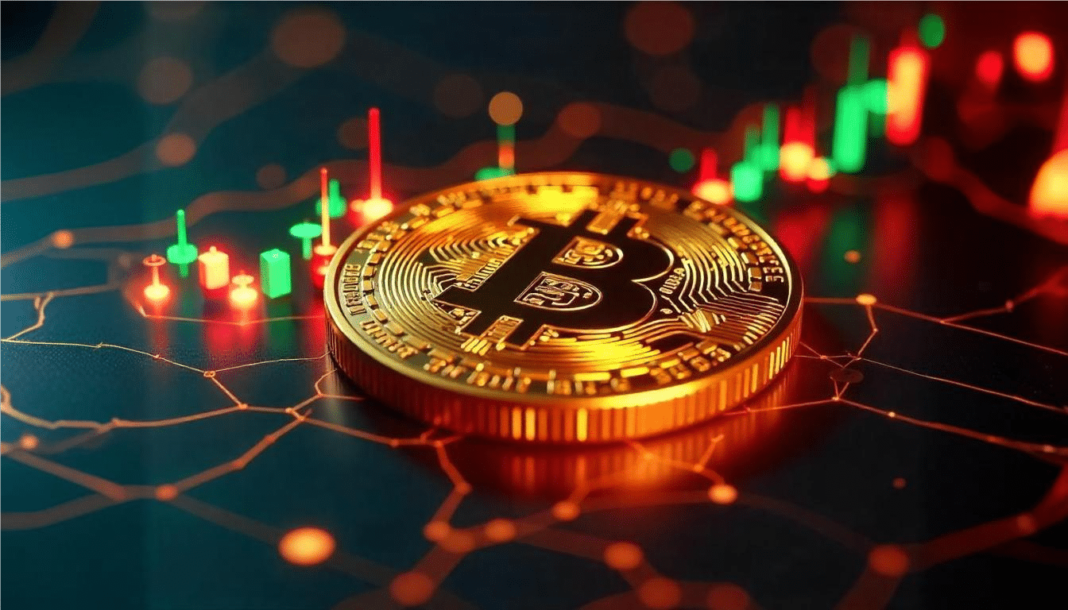El Salvador has increased its daily bitcoin purchases from 1 BTC to 1.6 BTC, adding 93.417 BTC to its holdings over the past two months.
Notably, the Central American nation, which became the first country to adopt Bitcoin as legal tender in 2021, now holds approximately 6,081 BTC, valued at around $579.9 million.
El Salvador Expands Bitcoin Reserves
On-chain data tracker Spotonchain identified the increase in El Salvador’s Bitcoin acquisitions, revealing that the country has been consistently buying BTC at an average price of $98,579. The purchases, which have ranged from 1 BTC to 11 BTC per day, began ramping up on December 22, 2024.
The country’s commitment to Bitcoin investment continues despite debates over its long-term viability as a store of value. While El Salvador remains classified as a middle-income economy, the government appears to view Bitcoin as a strategic asset for financial growth.
Bitcoin Education Initiatives and Institutional Support
El Salvador’s focus on Bitcoin extends beyond accumulation. The country recently announced that its new national library will feature a dedicated Bitcoin sectio to educate citizens and visitors about Bitcoin’s fundamentals, including how its network operates.
The move aligns with the government’s broader efforts to integrate Bitcoin into its economy and promote global adoption. By investing in educational resources, El Salvador seeks to establish itself as a leader in cryptocurrency literacy and innovation.
Nayib Bukele Meets with Michael Saylor
El Salvador’s pro-Bitcoin stance was further reinforced by a recent meeting between President Nayib Bukele and MicroStrategy co-founder Michael Saylor.
Saylor confirmed the meeting in a social media post, stating that they discussed various opportunities related to Bitcoin’s role in El Salvador’s economic strategy.
As El Salvador strengthens its Bitcoin holdings and expands related initiatives, the country remains at the forefront of national-level cryptocurrency adoption, setting a precedent for other nations exploring digital asset integration.

